Iran Launches Massive Retaliation Against Israel Amid Escalating Conflic
- by Muhammad, Iran , RNG247
- yesterday
- 18 views
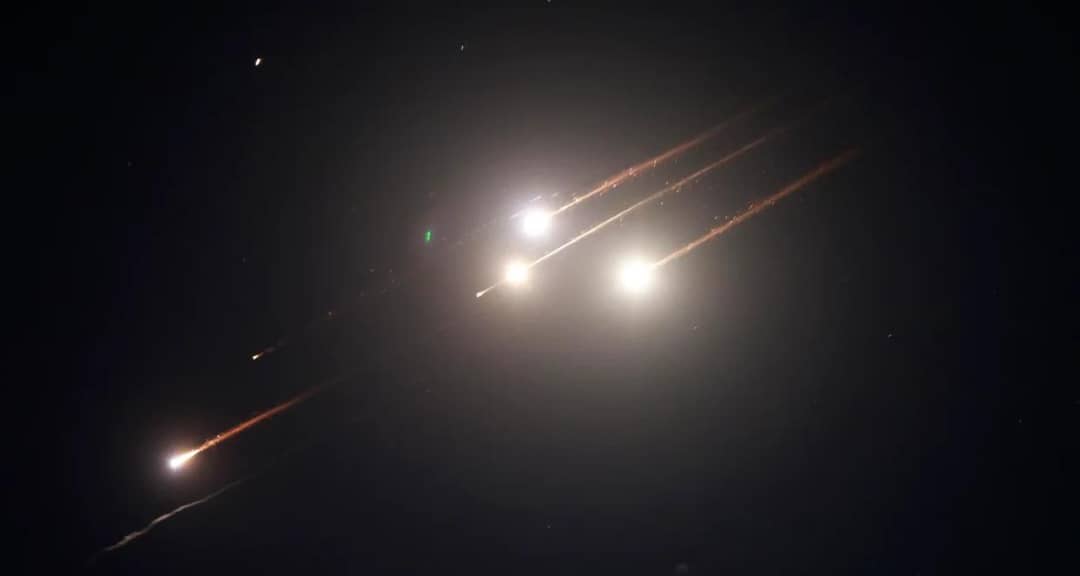
Warning sirens blared across Israel on Friday as the nation braced for an imminent threat from Iran, which reportedly sent dozens of ballistic missiles toward the region. A senior military official told CBS News that these missiles were on their way, prompting Israel to instruct its population to seek shelter in bomb shelters and remain there until further notice.
While Israel’s renowned missile defense system, the Iron Dome, appeared to intercept many of the incoming projectiles, footage emerging from Tel Aviv showed a possible impact point with smoke rising above the cityscape, raising fears of significant damage. The full extent of the destruction remains unclear as authorities assess the aftermath.
This surge of Iranian retaliation came hours after Israel launched over 200 airstrikes targeting Iran’s strategic assets, including nuclear facilities, military commanders, and scientific research centers. Israel Defense Forces (IDF) spokesman Brigadier General Effie Defrin confirmed that the campaign, dubbed "Operation Rising Lion," was ongoing and that their strikes aimed to dismantle Iran’s nuclear aspirations and military capabilities.
Early Friday, Israel initiated a surprise wave of air assaults, declaring the operation targeted Iran’s nuclear infrastructure, senior military figures, and scientists involved in its nuclear program. Tehran responded by unleashing over 100 drones toward Israel, prompting the IDF to activate its defense systems and intercept many of the UAV threats. Despite successful interceptions, reports indicated at least one Israeli city, Tel Aviv, experienced missile impacts, with smoke billowing from parts of the metropolis, intensifying tensions on the ground.
Throughout the day, Israeli military officials highlighted their ability to neutralize threats with precision, demonstrating their operational prowess amid the crisis. Later on, Israeli Prime Minister Benjamin Netanyahu announced that the Israeli military had struck Iran’s nuclear site in Isfahan, central Iran— a major facility involved in the production of metallic uranium and other nuclear-related infrastructure. The strike reportedly dismantled key components of Iran’s nuclear production capability, signaling a significant escalation in Israel’s campaign to curb Iran’s nuclear program.
Iran’s Supreme Leader Ayatollah Ali Khamenei responded sharply, vowing that the Iranian Armed Forces would retaliate fiercely and leave Israel “helpless.” Iranian officials vowed to respond with "a severe, wise, and strong answer," further heightening the specter of full-scale war in the region. Iranian President Mahsoud Pezeshkian promised Iran would act resolutely against Israeli aggression, asserting that Iran would make its enemies regret their actions.
Israel has historically managed to intercept virtually every Iranian weapon launched in previous escalations, but the recent barrage signals Iran’s intent to continue its retaliation after what appears to have been a meticulously planned offensive. Defrin indicated that Iran’s response was long feared and strategically prepared, suggesting an attempt to inflict maximum damage through ballistic missiles and asymmetric warfare against Israel.
In a show of its military strength, Israel also claimed to have destroyed Iran’s air defenses and killed high-ranking Iranian military figures, including Mohammad Bagheri, the Chief of Staff; Hossein Salami, Commander of the Revolutionary Guards; and Gholamali Rashid, Head of the Emergency Command. The strikes, involving over 330 munitions dropped from Israeli fighter jets, targeted more than 100 sites across Iran—an audacious operation aimed not only at preventing Iran’s nuclear capability from expanding but also at weakening Iran’s military command structure.
Military analysts suggest that Israel’s extensive strikes have aimed to cripple Iran’s regime structure and military response capacity. Matthew Savill, a military analyst at the Royal United Services Institute, explained that Israel’s demonstrated ability to conduct large-scale, long-range strikes could potentially destabilize Iran, but warned that Iran’s primary retaliation would likely involve ballistic missiles designed to hit Israeli territory directly.
Iranian officials, amidst the chaos, maintained a defiant tone. President Pezeshkian vowed that Iran would "strongly take action" in response, promising that the Islamic Republic’s response would be "severe and justified." Iran’s state media reported attacks on several cities, including Tehran and Natanz, the heart of Iran’s uranium enrichment program. The IDF confirmed it had targeted the Natanz nuclear facility, damaging underground uranium enrichment halls and critical infrastructure, though the underground nuclear site was reportedly not completely destroyed.
The International Atomic Energy Agency (IAEA) reported that Iran’s Fordo nuclear site had not been impacted by the strikes, and no increase in radiation levels was observed at Natanz, though reports surfaced of loud explosions near Fordo and Iranian claims of shooting down an Israeli drone.
As the conflict escalates, the United States reiterated its stance that it was not involved in Israel’s operations and warned Iran against targeting U.S. interests or personnel, with Secretary of State Marco Rubio issuing a stern reminder of the potential for broader conflict.
NATO Secretary General urged restraint, emphasizing the importance of de-escalation and warning that any nuclear confrontation was "not close." The unfolding events mark the most significant escalation in the region in years, leaving the world watching anxiously as Iran’s retaliation unfolds amid Israel’s intensified military response.



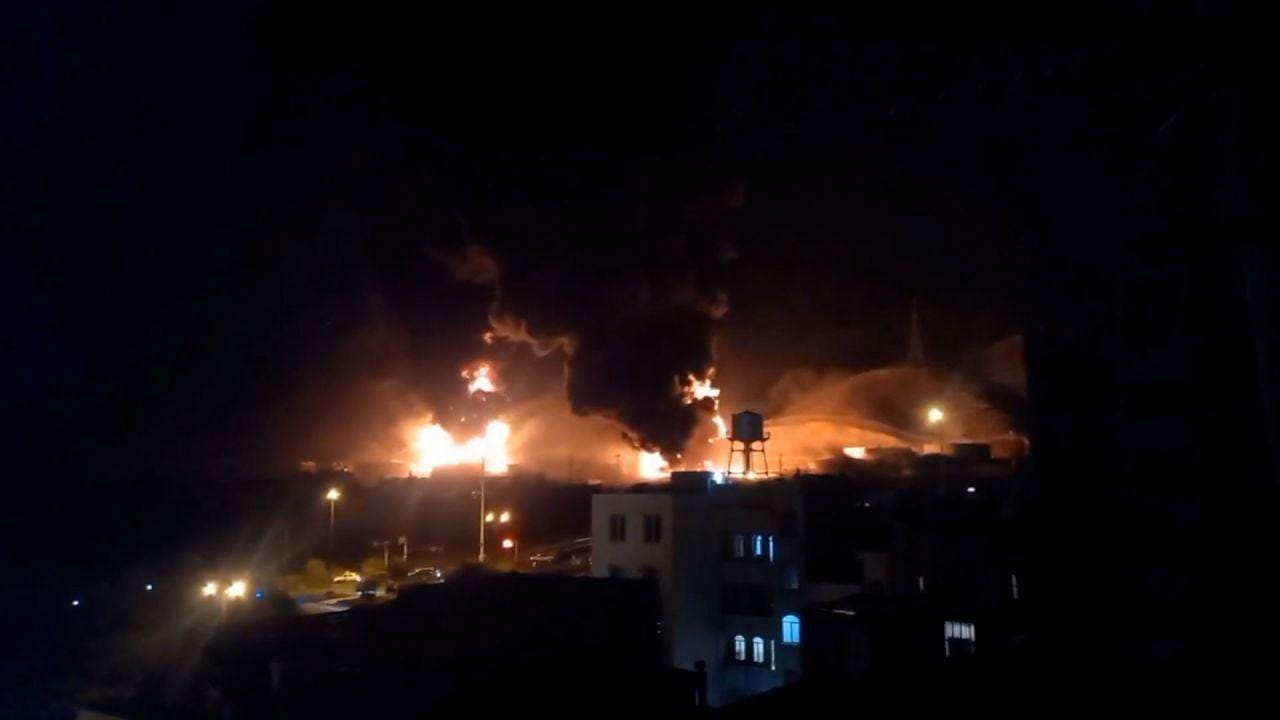
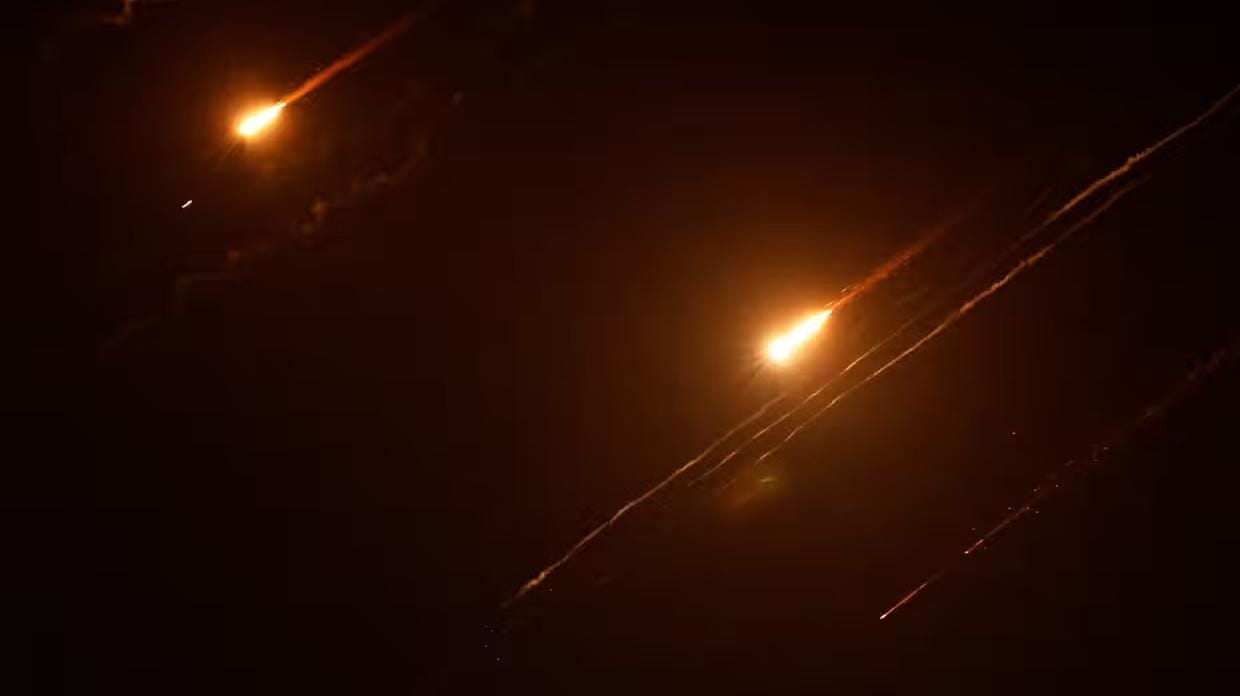
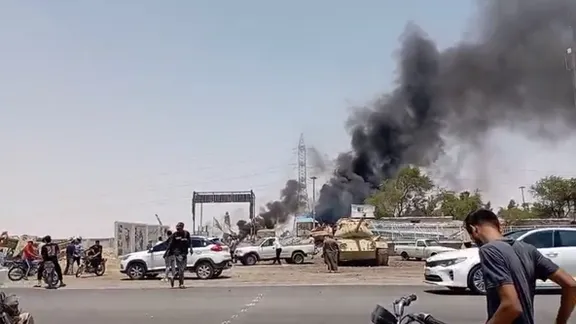

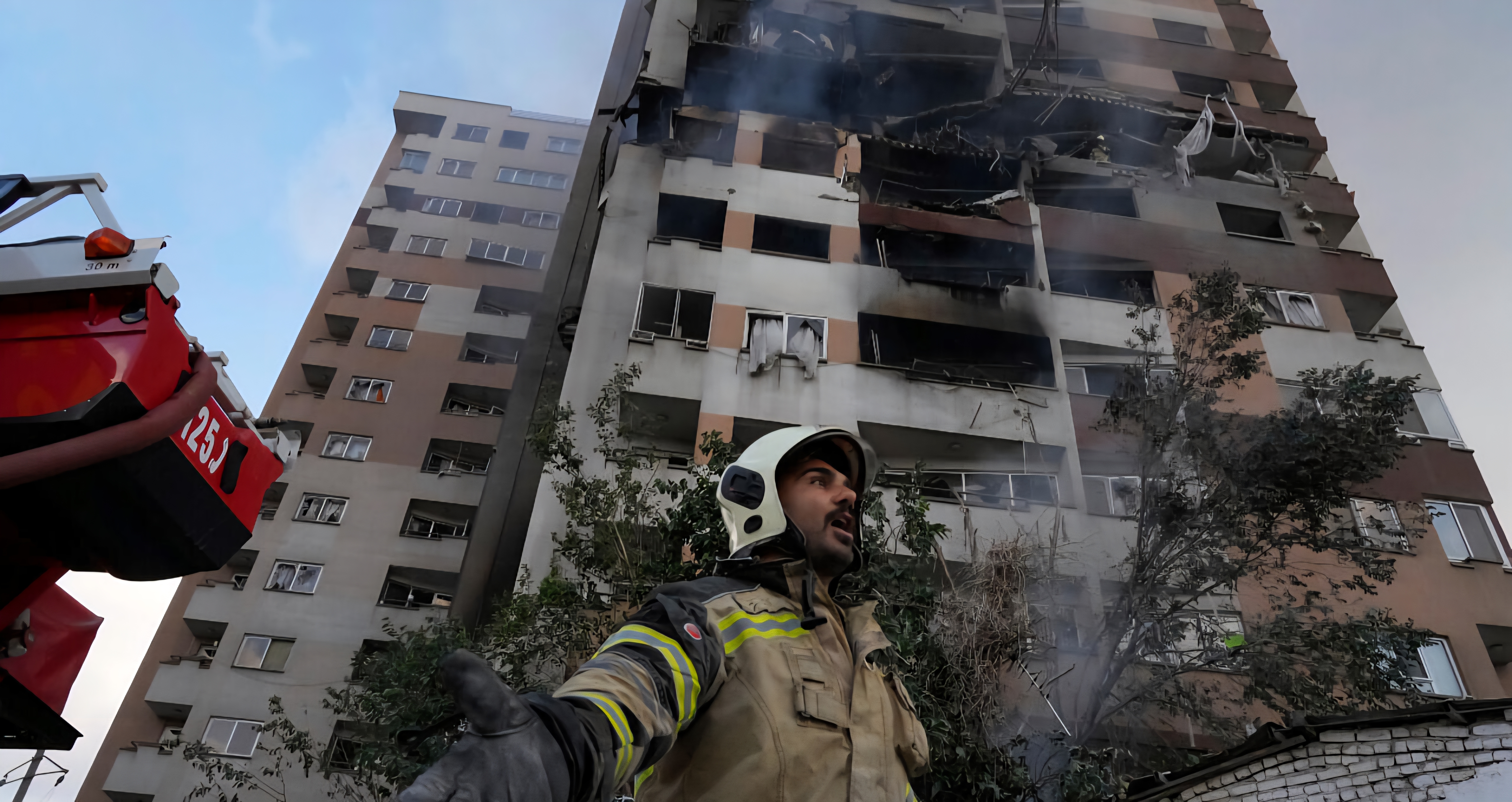
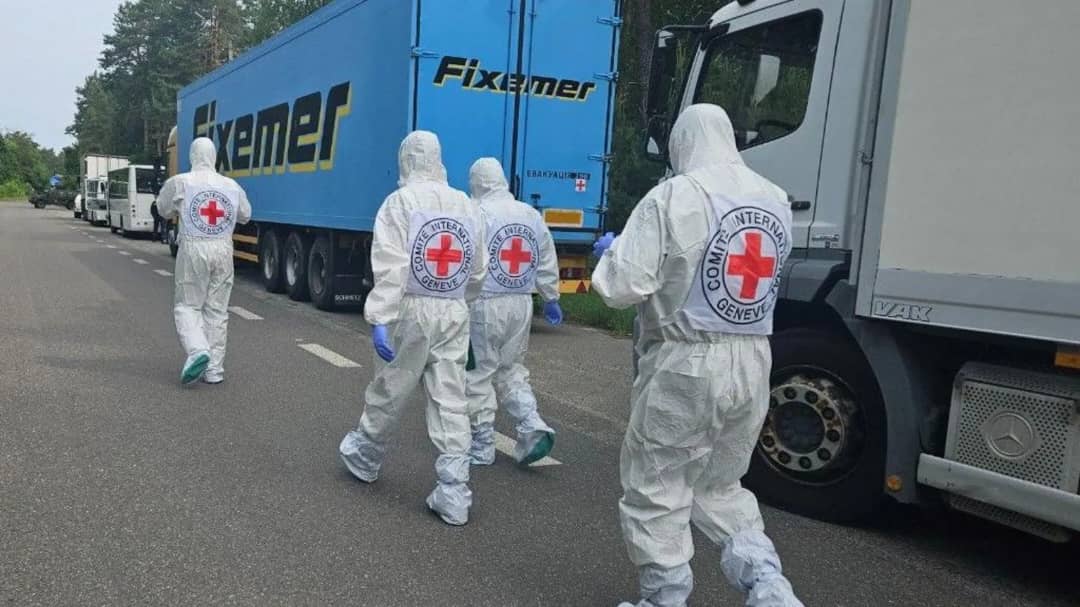

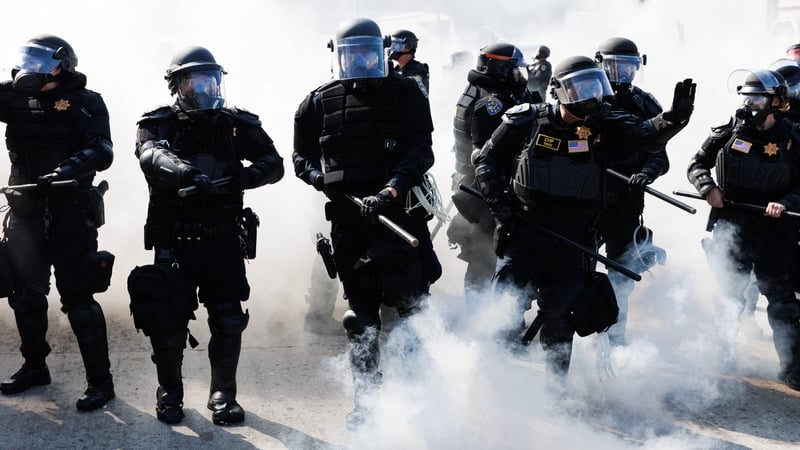
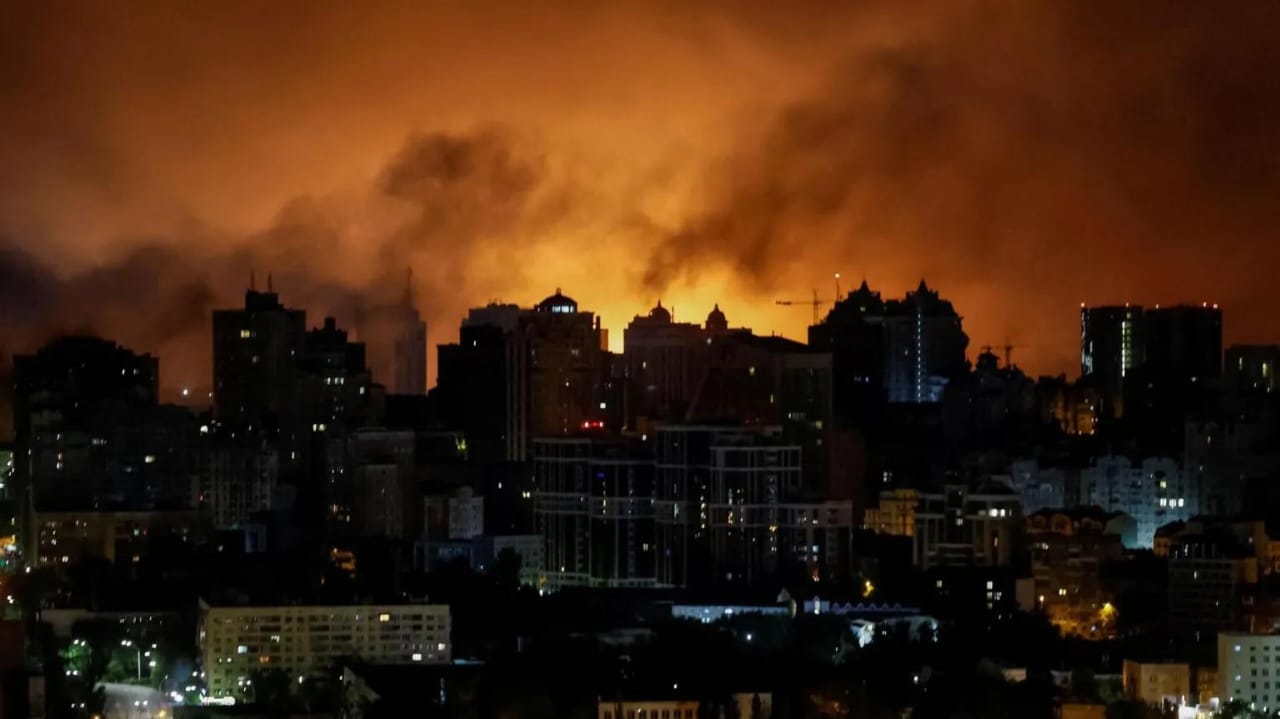
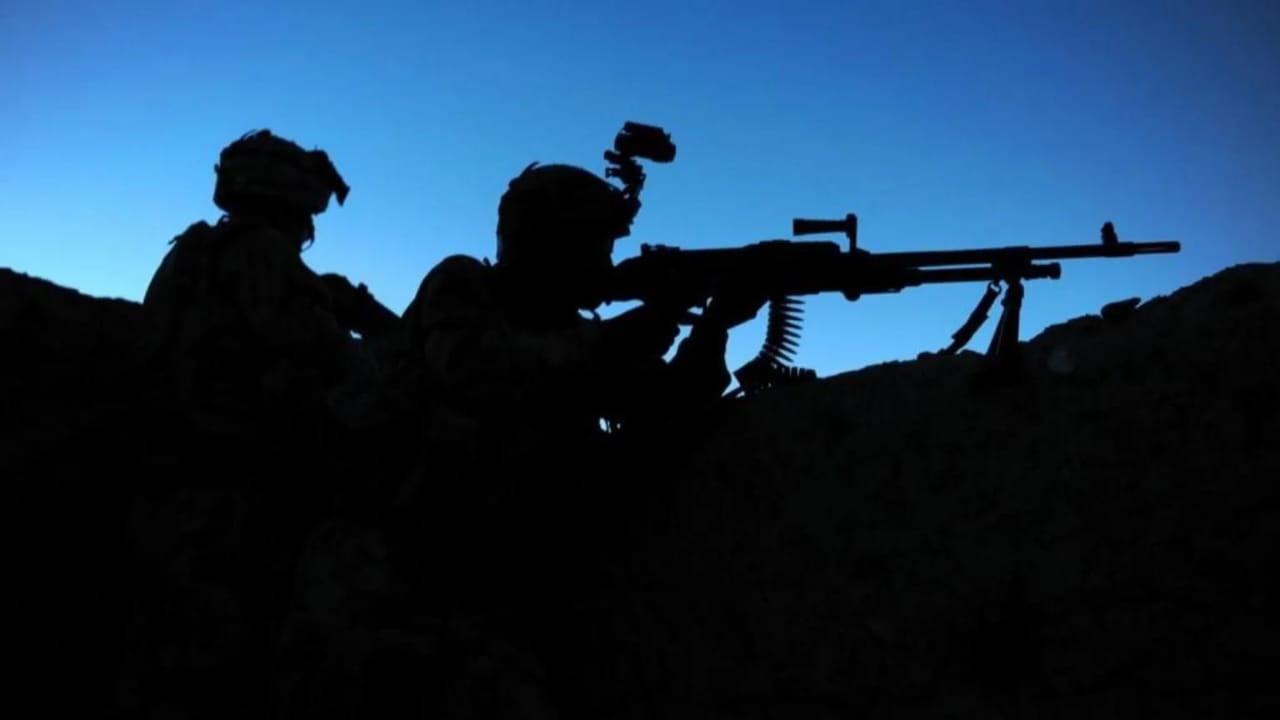


0 Comment(s)